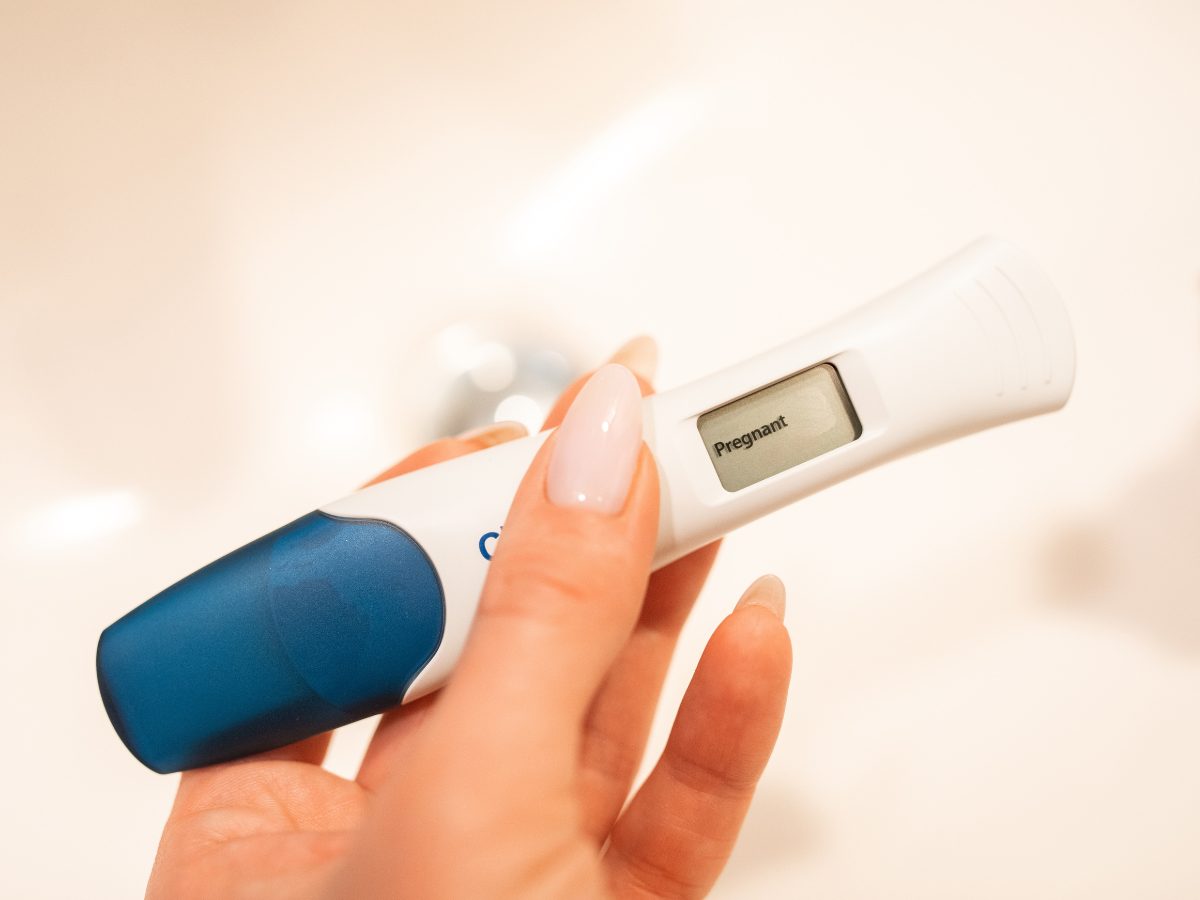
Home pregnancy tests are readily available tools to find out if you are expecting. While many boast a high accuracy rate, how accurate are they really? Is it possible for a positive test to be wrong? Find out more about false positive and false negative results, and how to take a pregnancy test accurately:
False Positive
A false positive result is when the pregnancy test turns positive even though you aren’t actually pregnant. Possible reasons for this error include:
Evaporation Lines
This occurs on non-digital tests, where the results show up as lines. The home pregnancy test should come with instructions that specify a precise window of time to read your test results. If you leave the test out for too long before reading it, you may end up with what looks like a positive result. This might actually be an evaporation line, which is a faint, colorless line that appears in the test window when the urine dries. Read your test results within the recommended time frame to avoid getting confused by evaporation lines.
Medications and Medical Conditions
Taking certain medications can raise your hormone levels and cause a positive pregnancy test even if you aren’t pregnant. There are also medical conditions that can cause hCG levels, the pregnancy hormone, to rise. If you suspect that your test result is a false positive, it’s best to check with your doctor to rule out these possibilities.
Recent Miscarriages
If you’ve recently miscarried, it may take some time for your hormone levels to go back to normal. Taking a test soon after a miscarriage may return a false positive result, as the test is detecting residual pregnancy hormones.
If your pregnancy test is positive, it’s important that you notify your doctor. They will confirm the pregnancy and evaluate you to ensure that there aren’t any risks to your health, like in an ectopic pregnancy.
False Negative
If you got a negative result on a pregnancy test, but your period is late and you’re experiencing pregnancy symptoms, you might be pregnant. It’s possible to have a false negative result in certain situations:
Reading Results Early
Reading your test results outside of the recommended time frame will give you an unreliable result. If you read it too early, you’re not giving the test sufficient time to develop. Give the test time to work.
Test Sensitivity
The pregnancy hormone, hCG, takes time to develop in the body. The lower the hormone levels in the body, the harder it is for a pregnancy test to detect. The test you’re using could also not be sensitive enough to detect the level of hCG in your body. Wait a few days, and if your period still has not arrived, take the test again.
Urine Too Diluted
If you’ve had too much to drink before taking the test, your urine may be too diluted for the test to give an accurate result. For the most accurate result, take the test first thing in the morning, when your urine is most concentrated.
It’s best to see a doctor for further evaluation if you suspect that you’re pregnant despite a negative pregnancy test.
Avoid User Error
Remember to follow the pregnancy test instructions closely. At-home pregnancy tests do have a shelf life, so check that the test isn’t expired before using it.
Get Accurate Results
While home pregnancy tests can be highly accurate when performed properly, they aren’t foolproof. The surest way to get an accurate result is to go to a clinic and have the test performed by a medical professional.
The Pregnancy Help Center offers free, confidential clinical pregnancy testing administered by licensed registered nurses. We understand that finding yourself unexpectedly pregnant can be a confusing time. If your pregnancy test is positive, our registered nurses and client advocates can offer you a judgment-free space to discuss all your options.